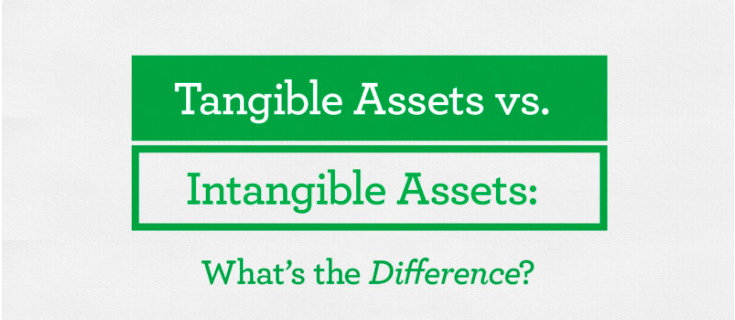
How Title Issues and Land Documentation Affect Property Value in Nigeria
In the Nigerian real estate market, title issues and land documentation are some of the most critical factors influencing property value. Whether you're a buyer, seller, investor, or real estate professional, understanding how these elements impact valuation can help you avoid legal disputes, financial losses, and stalled transactions.
This article breaks down the major ways title clarity and proper documentation affect the worth of real estate assets in Nigeria.
1. Legal Ownership and Marketability
A clear and verifiable land title establishes legal ownership. Without this, a property’s marketability is significantly diminished. Buyers and financial institutions often hesitate to engage in transactions involving properties with:
No Certificate of Occupancy (C of O)
Missing Deed of Assignment
Unregistered land titles
In such cases, even if the property is located in a prime area, its value may drop drastically due to ownership uncertainty.
2. Risk of Litigation or Government Reclamation
Properties without proper documentation are at a higher risk of:
Legal battles over ownership
Double allocation or multiple claims on the same land
Government revocation or demolition due to encroachment or illegal acquisition
Valuers consider these risks when determining property value, often applying risk-adjusted pricing, which lowers the estimated worth of the property.
3. Difficulty Accessing Financing or Mortgages
For properties to qualify as collateral for bank loans, they must have:
A valid and registered title
Clear boundary delineation
Proper land use classification
Banks and financial institutions will not finance properties with questionable or incomplete documentation. This lack of access to financing makes such properties less attractive to buyers, reducing their market value.
4. Influence on Buyer Confidence and Demand
Title and documentation issues can delay or even cancel transactions. Buyers generally prefer:
Documented properties with secure titles
Verified approvals from the land registry or relevant government bodies
Registered survey plans
When these are absent, the demand for the property falls, which in turn negatively affects property valuation.
5. Land Use and Zoning Compliance
In urban areas especially, it’s not just about owning land—it’s about owning land that is approved for the intended use:
Residential vs. commercial use
Mixed-use vs. industrial zoning
Incorrect or unclear land use documentation can result in penalties or even revocation, reducing the desirability and value of the property.
6. Transaction Delays and Extra Costs
When a property lacks proper title and documentation, the transaction process is often:
Delayed due to verification processes
Costlier, as the buyer or seller may need to fix documentation gaps
Riskier, requiring legal intervention or indemnity agreements
These delays and costs are factored into the valuation, sometimes forcing a price reduction to offset buyer inconvenience.
7. Impact on Future Development and ROI
Title clarity is essential when assessing a property’s development potential or long-term return on investment (ROI). For example:
Investors may avoid properties with uncertain land history
Developers may face legal battles that stall construction
These factors reduce the perceived future value of the asset, leading to a lower current valuation.
Conclusion
Property valuation in Nigeria is not just about location, structure, or market demand—title security and documentation play an equally critical role. A property with clear, verifiable documents commands a higher value because it assures safety, facilitates access to credit, and enables smooth transactions.
To protect your investment and ensure fair valuation, always:
Conduct due diligence
Work with certified estate surveyors and valuers
Insist on verifying title documents before committing to any deal

 April 23, 2025
April 23, 2025



